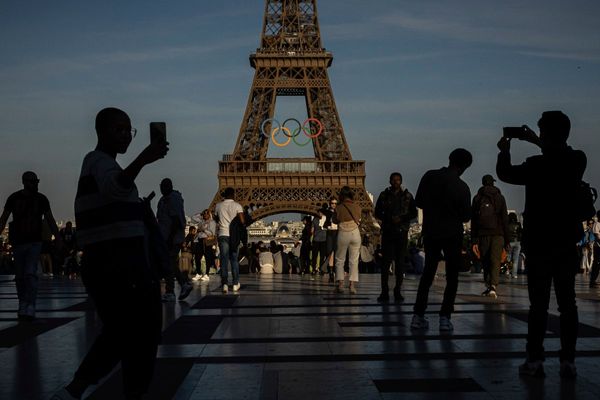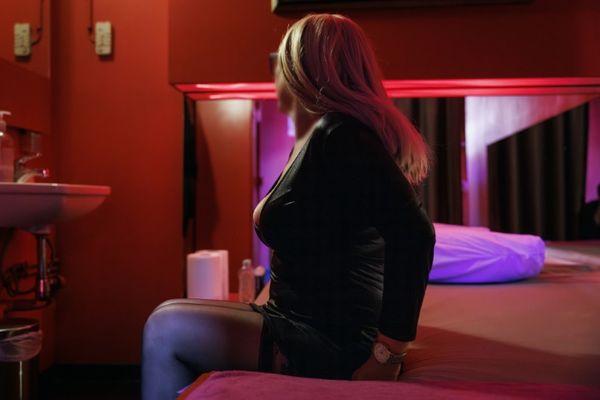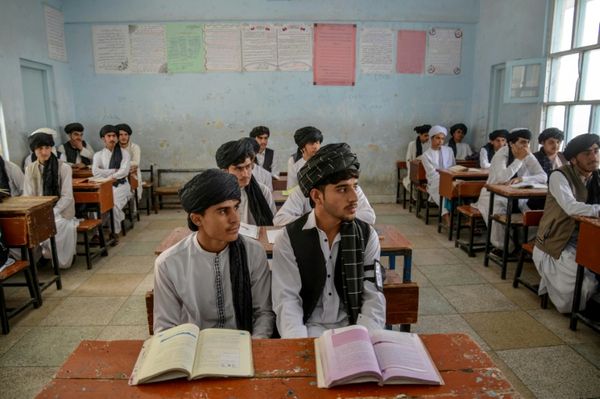
A senior member of Hong Kong’s incoming administration has said dozens of former opposition MPs who were arrested or jailed over their fight for democracy “have themselves to blame”, and feels authorities were too lenient.
Speaking to the Guardian from her quarantine hotel room ahead of a ceremony with Chinese president Xi Jinping to mark 25 years since the British handover and the start of new chief executive John Lee’s term, Regina Ip was asked how she felt knowing some former Legislative Council (LegCo) colleagues would be sitting in a jail cell instead of attending the event.
“They have themselves to blame for going too far,” said Ip, who has served as a pro-Beijing legislator in Hong Kong’s government since 1996. “It was in the LegCo they have caused a lot of damage with their obstruction and filibustering. So nothing was done, we were locked in battle every day, sometime in fistfights,” she said.
“If the government is to bear any blame it’s that we have been too lenient over the years allowing them to cause havoc.”
In November 2020, several pro-democracy legislators were arrested over a melee in May that saw scuffles and some legislators dragged out by security. That same month, four legislators were disqualified under a new measure banning “unpatriotic” people from serving. In protest, the entire pro-democracy caucus resigned. Some have since fled overseas.
In January 2021 dozens of politicians, campaigners and activists were arrested by national security police for holding unofficial primary polls which Beijing later declared illegal. Of the group, 47 are still awaiting trial on charges of conspiracy to commit subversion, many of them denied bail.
Ip said she felt sad that former legislators like Claudia Mo, Alvin Yeung and Ka-ki Kwok had been arrested and wished “they had not gone so far to break the law”.
“It must be terrible to be in jail, and … they were professionals,” she said, but accused them of trying to achieve “regime change”.
The pan-democrats held the primaries in order to select the strongest candidates to run in Hong Kong’s elections, riding the momentum of major wins in the last district council votes. Authorities accused the democrats of a planning to “paralyse” government by winning a majority and voting against government bills. The election was later postponed, and eventually took place after an overhaul of the electoral system designed to ensure only “patriots” could run.
Ip said she believed that if the opposition had won power, “they could lock me in jail”.
Asked what she believed a pro-democracy government would jail her for, she said she didn’t think they “really respected free speech and I don’t think they really respect democratic values like mutual tolerance or mutual respect.”
The pro-democracy parties have lobbied for increased voting rights promised in the handover agreement, and protested against crackdowns on freedom of expression and assembly. Many supported, attended and spoke at pro-democracy rallies and lobbied on behalf of arrested protesters.

Ip’s comments, in which she also defended the arrests of people for acts including the hanging an independence flag on a washing line or creating a children’s speech therapy book allegedly depicting mainlanders as wolves, serve as an insight to the government’s justification for its recent crackdown, which has left score of activists and campaigners in prison, and led to an effective ban on protest and dissent.
Ip has been appointed to head the advisory executive council for incoming chief executive Lee, who is expected to continue its hardline stance on dissent. Ip was security secretary until 2003 when she resigned after earlier attempts to impose a national security law failed in the face of mass protests.
Ip has been a vocal critic of the pro-democracy protest movement and a strong supporter of the 2020 national security law, and said she was optimistic about the region’s future with a new kind of parliament.
“Now we have a more collegiate legislature, one without members who try to steal the limelight … we have become more efficient.”
She said the world needed to be “realistic” about the region’s future. “We are China’s Hong Kong.”







